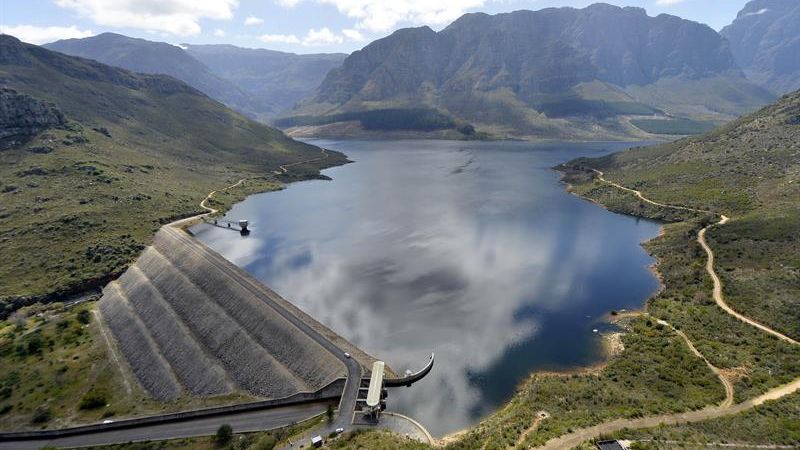After experiencing full dams in October, Cape Town has seen a steady decrease in dam levels over the past few weeks — with the latest update on 4 January showing levels of 90.7%.
This is a 1.9% decrease in one week, from dam levels of 92.6% in the previous week.
No ad to show here.
While dam levels in the metro have remained stable since October due to late rains, more of a decline has been seen since the start of December.
A month ago, on 7 December, dam levels stood at 96.8%. On 30 November, dam levels stood a 98.1%.
However, compared to January 2020 the metro is still facing better prospects. During the same period last year, dam levels stood at 75%.
The municipality lifted water restrictions in November 2020, but permanent regulations remain in place.
Cape Town permanent water restrictions
The permanent water by-laws and regulations include:
- You can only water with municipal drinking water before 9am and after 6pm
- No hosing of paved or hard-surfaced areas with municipal drinking water is allowed
- You must secure outdoor taps (except for those on residential properties)
- Hosepipes for watering or washing vehicles need a nozzle or automatic self-closing device
- Swimming pools must have a pool cover when not in use
- Automatic top-up systems for ponds and pools using municipal water are not allowed
More decreases in dam levels are likely in the coming weeks due to hot weather experienced in the metro and as the region’s dry season takes full effect.
Featured image: City of Cape Town
Read more: Cape Town urges residents to use online services during COVID-19 second wave
